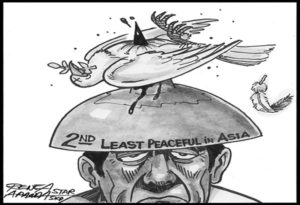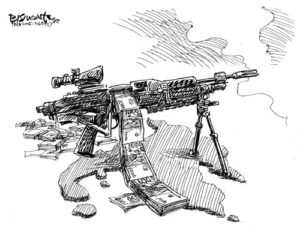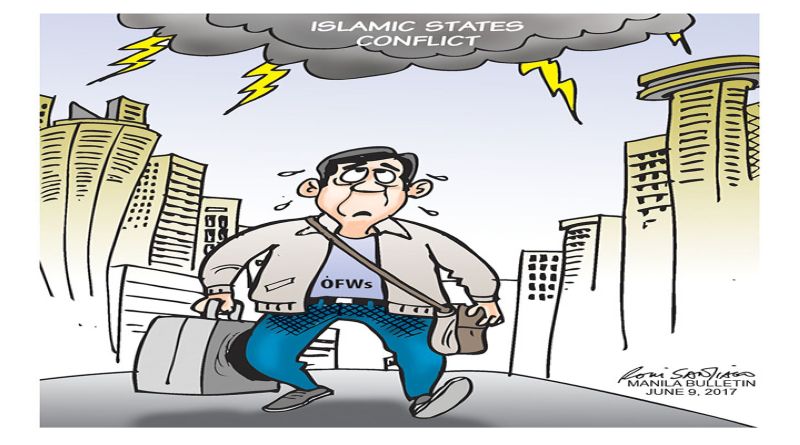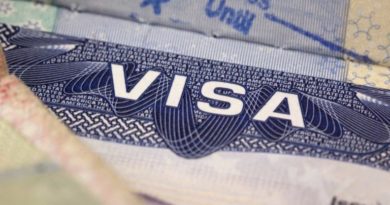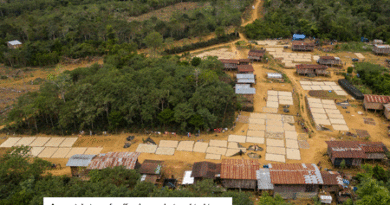MB: A new danger area in the Middle East
In a world of increasing danger from the international threat of terrorism pushed by Islamic State extremists, another potential danger area has come up in the Middle East, where several Arab nations have cut diplomatic ties with Qatar, one of the Gulf States, over its alleged support for terrorist groups.
Saudi Arabia, along with Gulf States Bahrain and United Arab Emirates (UAE), and their western neighbor Egypt across the Red Sea, announced that it was severing diplomatic and consular relations with Qatar “to protect its national security from the dangers of terrorism and extremism.” It immediately closed its borders with Qatar, blocking food and other supplies. Its move, it was feared, would also deal a heavy blow to Qatar’s banking system.
Qatar is an enclave protruding from the Saudi landmass the Persian Gulf with Bahrain to the north, the UAE to the south. Egypt is way to the west, across Saudi Arabia. Qatar now finds itself condemned by its fellow Arab states, accused of supporting the terrorism of the Islamic State and Al Qaeda, as well as the terroristic activities of Iran-backed Shiites.
There could also be a United States connection here. US President Donald Trump was a recent visitor to Saudi Arabia with which the US has hundreds of billions of dollars in arms deals and investments. It has a naval base in Qatar and it has long had hostile relations with Iran.
During his visit to the region, President Trump lambasted Iran for sponsoring terrorism from Syria to Yemen. He was reacting to comments of Qatar ruler Sheikh Tanimbin Hamad Al Thani, criticizing mounting anti-Iran sentiment in the region.
What is happening today in the Persian Gulf area directly involves four Islamic states – Saudi Arabia, UAE, Bahrain, and Egypt – moving against two other Islamic states – Qatar and Iran – apparently over the issue of terrorism. We in the Philippines are now feeling the effects of that terrorism; the attack by the Maute Group on Marawi City is said to have been inspired by the Islamic State seeking a foothold in Mindanao.
But a more direct effect will be felt by the nearly two million Filipinos now living and working in Saudi Arabia and the other Gulf States. The 250,000 Filipinos in Qatar are bound to feel the ill effects of the Saudi-led action – from the food shortage that might result from the border closing to the economic slowdown that could lead to job losses for Filipinos in Qatar.
The Philippine government will have to watch events in that part of the world closely. They may not lead to actual terroristic violence as in other parts of the world, but social, political, and economic dislocations may affect them along with the rest of the people of Qatar, necessitating their returning back to the Philippines.
